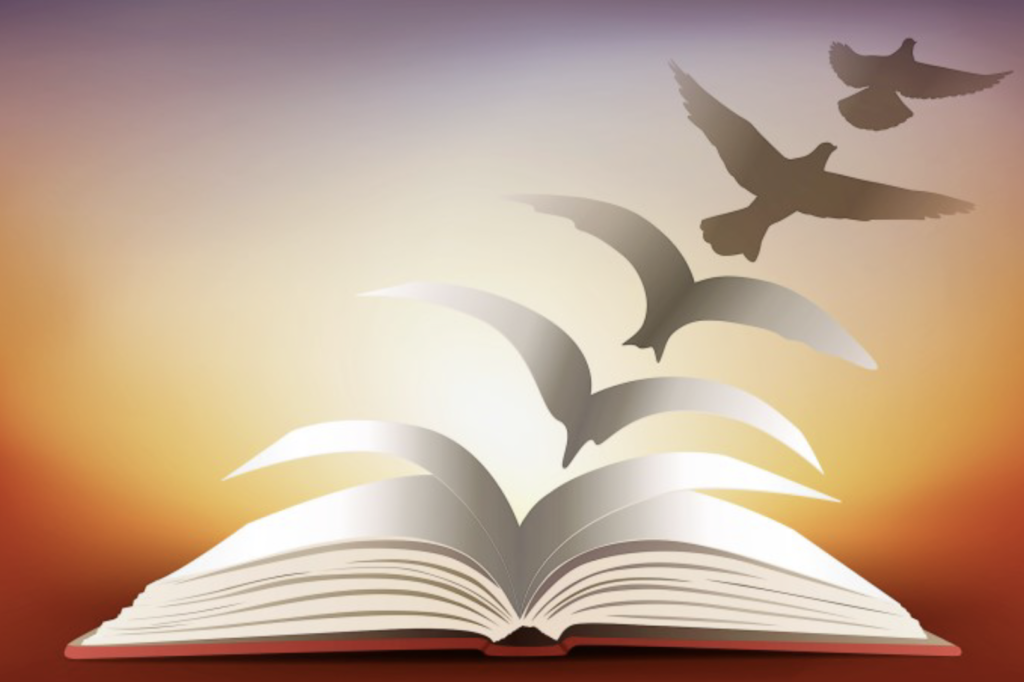By Brian Allen
Many of us studied the War Poets at school. Our children may be study-ing them now. Have you ever asked yourself why? War poets, as a collec-tive, have been instru-mental in capturing the essence of conflict, the human costs of warfare, and the profound emotional experiences of soldiers and civilians alike. These poets, pri-marily from World War I and II, painted vivid pictures of the battlefield, the trenches, and the emotional toll of war, creating lasting im-pressions that would shape our understanding of conflict for generations. During World War I, poets like Wilfred Ow-en, Siegfried Sassoon and Rupert Brooke de-tailed the grim realities of life on the front lines. Unlike the romanticized versions of war often portrayed in the media, these poets pre-sented war for what it was: bloody, brutal, and often senseless. Owen’s Dulce et Deco-rum est is a poignant example, decrying the false glory of dying for one’s country and highlighting the horrors faced by soldiers. Sassoon, on the other hand, critiqued the mili-tary establishment and the war’s futility, creat-ing an enduring legacy of anti-war literature. The significance of war poetry, especially from the early 20th century, lies in its capaci-ty to humanize statistics. Millions perished during the World Wars, but numbers alone cannot communicate the suffering of individ-uals, nor the grieving of families left behind. The war poets gave voice to this pain, ensur-ing that the personal experiences of those affected by conflict would not be forgotten. Their works serve as a stark reminder of the costs of war, urging caution and diplomacy over aggression and conflict. While World War I poets are perhaps the most renowned, poets from subsequent con-flicts have continued the tradition. World War II poets, including Keith Douglas and Alun Lewis, grappled with the vast scale of the conflict and the devastation wrought by the atom bomb and con-centration camps. Today, the legacy of war poetry is more relevant than ever. As the world grapples with new forms of conflict, including cyber warfare, drone strikes, and ideological battles, the need for voices to humanize and critique these events remains important. Brian Turner, who served in Iraq, tackles is-sues of PTSD, the civilian cost in modern warfare, and the mental turmoil soldiers expe-rience when reintegrating into civilian life. Turner’s Here, Bullet is a raw, visceral look into the Iraq war, encapsulating the tension and unpredictability that modern soldiers face. Poets like Dunya Mikhail, an Iraqi ex-patriate, write of the effects of war on the homeland, and bridge the gap between soldier and civilian experiences. Today, warfare and its aftermath can be re-layed around the world instantly. Poetry of-fers a space for reflection, allowing readers to consider the personal experiences behind the headlines. Through evocative imagery and emotional depth, war poetry humanizes the dehumanized, reminding us of the shared hu-manity that binds us, even in times of conflict. War poets hold a mirror to society, forcing us to confront the realities of conflict and the profound impact it has on individuals and communities. Their works serve as both a cautionary tale and a call to compassion, urg-ing current and future generations to seek paths of peace and understanding. As global conflicts continue to evolve, the voices of war poets remain an essential tool in making sense of the chaos.

